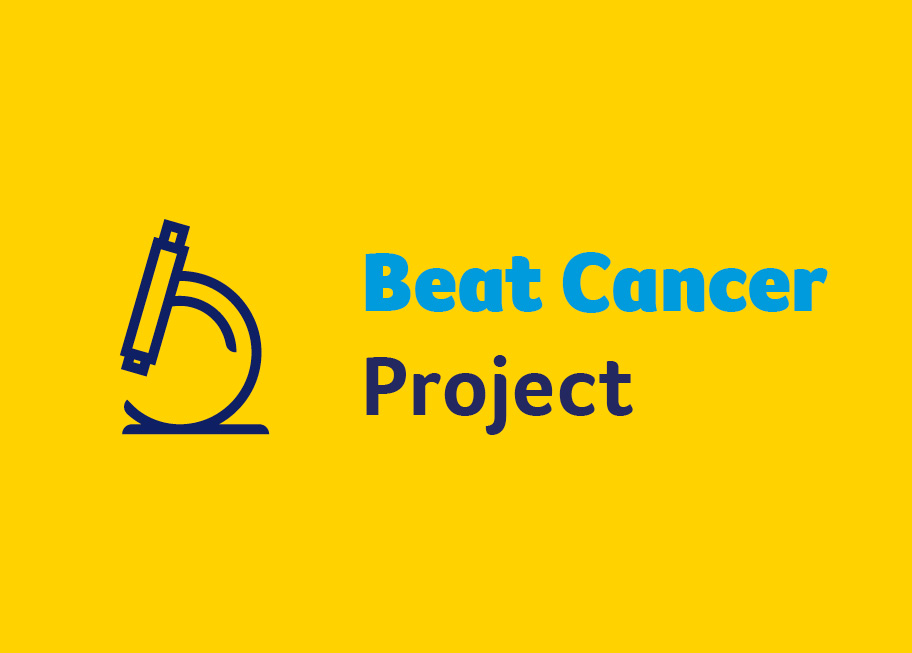
Donor Funding: $80,000
Cancer Type: Leukaemia
Cancer Stage: Treatment
Funded in: 2022
A/Prof David Yeung
SAHMRI
CML is a blood cancer caused by an abnormal protein called BCR-ABL. This protein sends signals to enhance cell growth and prevent cell death. These signals can be stopped by blocking the protein using small molecules taken as medications called TKIs. The 5 currently available TKIs all block BCR-ABL at the same place (the ATP-binding pocket). Any mutations that cause changes to the structure of this pocket will stop the drugs from binding, and CML will escape. Furthermore, because all the current drugs are similar in chemical structure, patients can have side effects to all of the currently available drugs. Asciminib is a new drug undergoing clinical trials for CML. It blocks BCR-ABL at a different site (myristoyl pocket). It is chemically different, and patients with toxicity to other drugs may be better suited to using asciminib. Patients with resistant disease may benefit from having BCR-ABL blocked at both sites.
In Adelaide, we are leading one of the first studies to test asciminib in newly diagnosed CML patients. We have the opportunity to study leukaemia cells from patients in this trial to understand how this drug works in humans. We will also study ways in which leuakemia cells may resist the effects of this drug, and try to block off these escape mechanisms. This research help us identify patients who will derive the most benefit from this new drug, and how the drug can be best used, both in CML and in other leuakemias.